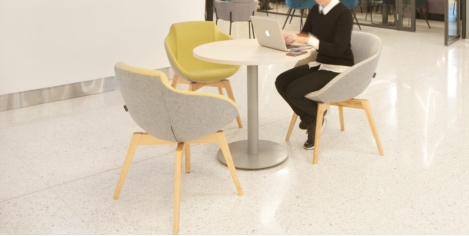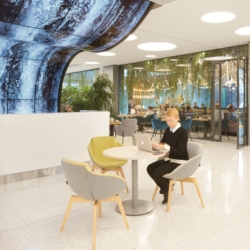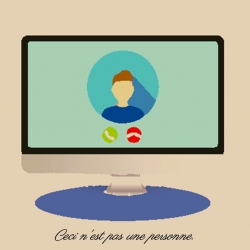August 18, 2022
Hybrid working could be doomed by a failure to protect organisational culture
 A new report from Poly warns that hybrid working policies could be destined to fail if organisations do not protect company culture while facilitating “a return to office”. The report claims that getting employees back to the office is a challenge being fuelled by a reluctance to return, with employees citing concerns over work-life balance and productivity. This reluctance is exacerbated by rising bills and spiralling inflation, with the cost of living putting increased pressure on employee finances, causing them to potentially choose between traveling to work or spending that money elsewhere. (more…)
A new report from Poly warns that hybrid working policies could be destined to fail if organisations do not protect company culture while facilitating “a return to office”. The report claims that getting employees back to the office is a challenge being fuelled by a reluctance to return, with employees citing concerns over work-life balance and productivity. This reluctance is exacerbated by rising bills and spiralling inflation, with the cost of living putting increased pressure on employee finances, causing them to potentially choose between traveling to work or spending that money elsewhere. (more…)





































July 18, 2022
The future of work is asynchronous
by Adam Dover • Comment, Flexible working, Technology
(more…)